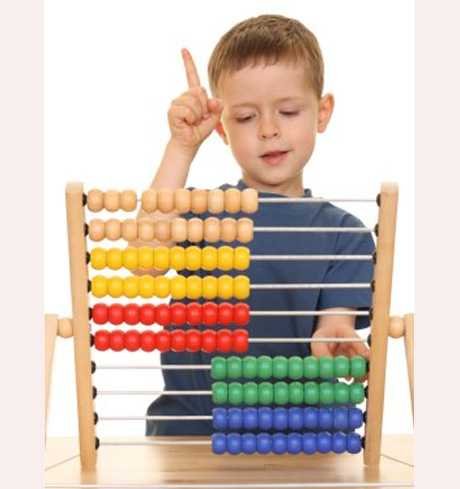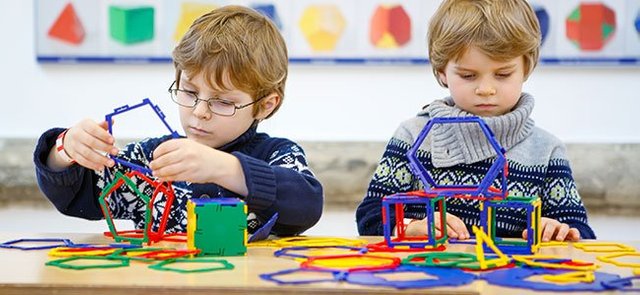The learning capacity of children
The children's learning is amazing. Your mind is like a sponge, eager for knowledge that is acquired almost effortlessly. Thus, parents are amazed to see that our young children have learned English in the blink of an eye, correct the accent and use it with complete naturalness when we ask them to respond in the Saxon language. But, the most amazing thing is to contemplate our "digital" children using the computer, our mobile or video games with the skill of an expert.

source
¿How children's minds work in learning?
The optimal functioning of children's minds, especially in the 0 to 3 years, is due to the play of neuronal interconnections. It has long been determined that a person's intelligence was not measured by the number of neurons in the brain, but by the number of neuronal interconnections that it had. However, when this stage concludes learning methods come into play. And this is precisely what new research has discovered about children's ability to learn. The study reveals that infants and young children learn by testing hypotheses, analyzing statistics, making causal inferences, observing what happens and carrying out experiments. In other words, in the journal Science, researchers from the University of California, Berkeley (USA), explain that children in their games and interactions with other children often use scientific reasoning. This theory has been proven with a series of experiments with machines that reproduced music, which the children had never seen. To make them work, the researchers observed that they first hypothesized about how to operate the devices and then they found out which one was the most appropriate.

source
If we go a little further, we can do another reading of this way of learning through experimentation. It is necessary that for children to draw their own conclusions, they are free to do their tests, that is, instead of telling them how to do it, they learn more if they discover it for themselves. Intuitive experimentation allows all of humanity, from a very early age, to discover the causes and effects behind what happens around us better than any other method.
This study should ignite the alarms of the traditional system of teaching, totally directed, where it is barely experienced and the channels of learning are totally directed. A child learns by testing his abilities, the habits and attitudes of those around him and his own world. A child learns more by the method of trial and error, through pleasure rather than pain, through experience rather than suggestion, and through suggestion rather than orientation.

source
However, parents are the first that we can begin to change. How? First, remember that your child does not listen to you, looks at you and learns also through affection, love, patience, understanding, the possibility of doing and being. For this reason, it may be more constructive and at the same time more educational for the children to answer, instead of informing them, accompanying them instead of taking them, showing them the danger without frightening them and preparing a study climate instead of sending them to study, among other things.
Its capacity is infinite ......
if friend ojap02 the learning ability of children is incredible has no limit is how a sponge absorbs everything in an incredible way.